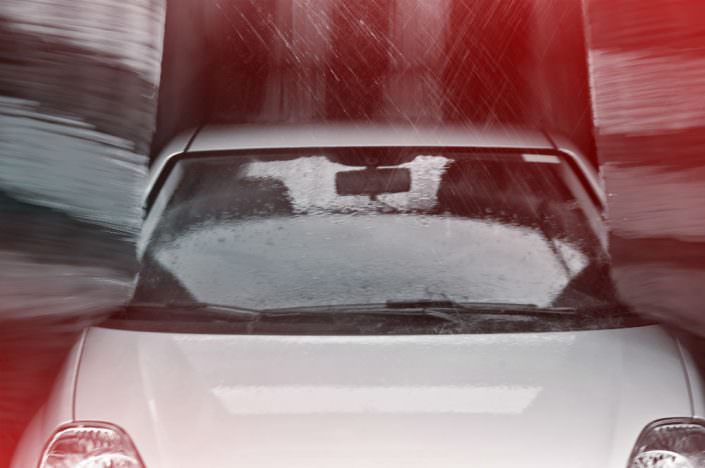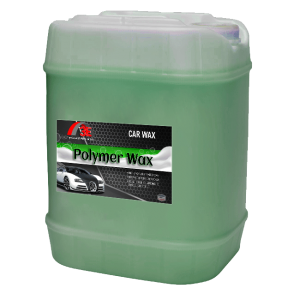
Car owners are often concerned about the impact of various substances on their vehicle's paintwork. One common question that arises is whether bleach can ruin car paint. In this comprehensive blog post, we will delve into the topic, exploring the effects of bleach on car paint and providing expert insights to help you make informed decisions.
- Understanding the Composition of Bleach:
To assess the potential impact of bleach on car paint, it is crucial to understand its composition. Bleach typically contains sodium hypochlorite, a strong oxidizing agent. This chemical is known for its powerful cleaning properties, but it can also have adverse effects on certain surfaces. - The Vulnerability of Car Paint:
Car paint is designed to withstand various environmental factors, such as UV radiation, dirt, and moisture. However, it is not impervious to damage. The paint's vulnerability depends on its quality, age, and protective coatings. Modern automotive paints are generally more resistant to chemicals, but caution is still necessary. - The Effects of Bleach on Car Paint:
When bleach comes into contact with car paint, it can cause several detrimental effects. The oxidizing properties of bleach can lead to paint fading, discoloration, and even corrosion. Additionally, bleach may strip away protective wax or sealants, leaving the paint exposed to further damage. - Factors Influencing the Severity of Damage:
The extent of damage caused by bleach depends on various factors. Concentration, duration of exposure, and the type of paint finish all play significant roles. High concentrations of bleach and prolonged exposure are more likely to result in severe damage. Matte or satin finishes may be more susceptible than glossy finishes. - Precautions to Protect Car Paint:
To safeguard your car's paintwork, it is essential to take precautionary measures when using bleach or encountering bleach-containing substances. Here are some practical tips:
a. Avoid direct contact: Prevent bleach from coming into direct contact with your car's paint. If accidental spills occur, rinse the affected area immediately with plenty of water.
b. Dilute bleach solutions: If you need to use bleach for cleaning purposes, dilute it according to the manufacturer's instructions. This reduces the concentration and minimizes potential damage.
c. Test in inconspicuous areas: Before applying bleach to any surface, test it in an inconspicuous area to assess its impact on the paintwork. This will help you determine the compatibility and potential risks.
d. Promptly rinse and dry: After using bleach or encountering bleach-containing substances, rinse the affected area thoroughly with water. Ensure the surface is completely dry to prevent prolonged exposure.
Conclusion:
While bleach can indeed have detrimental effects on car paint, the severity of damage depends on various factors. It is crucial to exercise caution and take preventive measures to protect your vehicle's paintwork. Regular maintenance, including washing, waxing, and applying protective coatings, can help mitigate potential risks. Remember, prevention is key to preserving the pristine appearance of your car.


